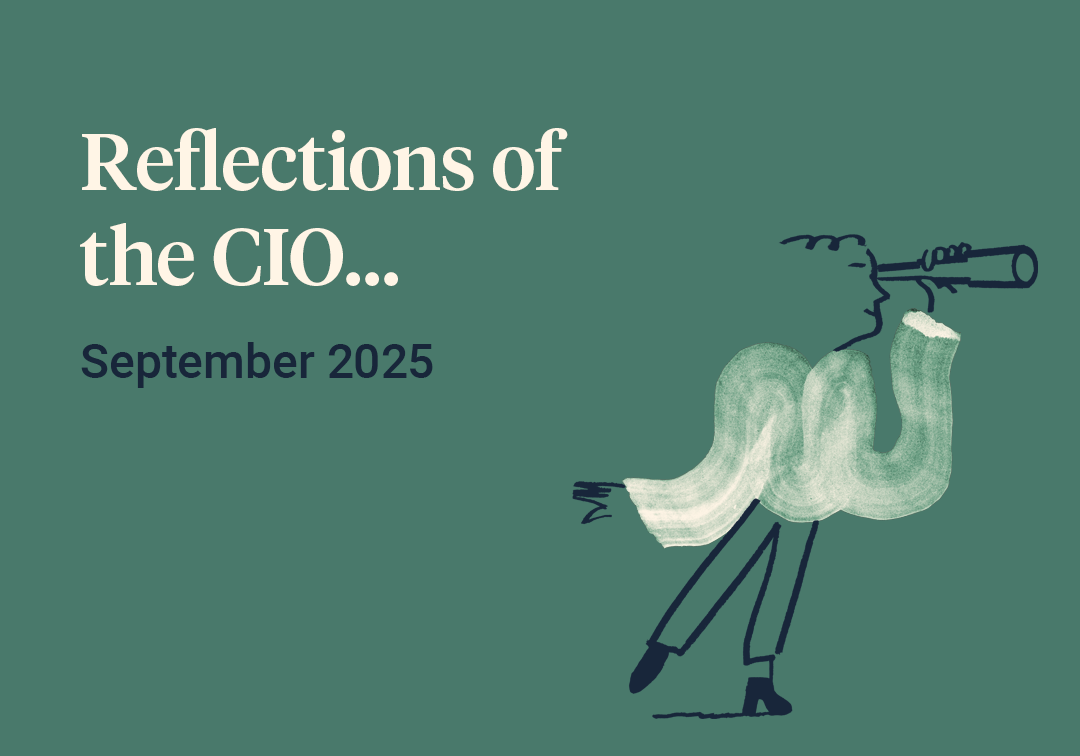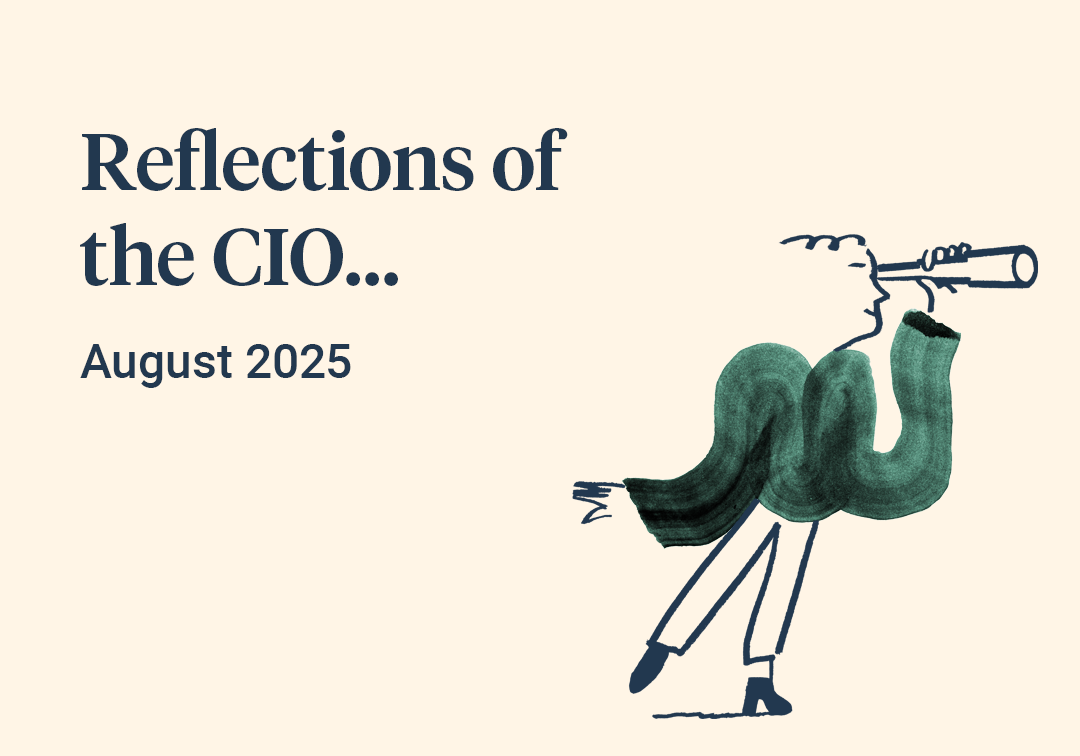Year of the politician ends positively
Another fascinating, complex year came to a close in December with a broad based ‘relief’ rally across global markets, mirroring what happened at the start of the year and going a long way towards erasing the memory of an awful 2018. The driver this time was a reduction in geopolitical risk as a ‘stonking’ Conservative victory in the UK removed the prospect of a Corbyn government and provided some interim certainty over Brexit policy.
“Another fascinating, complex year came to a close in December with a broad based ‘relief’ rally across global markets”
Simultaneously, a heavily trailed rapprochement in Sino-US trade talks allowed a ‘Phase 1’ deal to be agreed and ushered in another period of interim certainty on an issue which had been vexing markets for the best part of two years. The combination of events was a nice Christmas present for investors and cash was put to work in thinly traded holiday markets, driving the prices of nearly all investments higher for the month, quarter and year as a whole.
The ability of politicians to move markets in the final months of 2019 was in stark contrast to the beginning of the year, when central banks were left on their own to deal with collapsing global investor sentiment. Led by the Federal Reserve they reacted aggressively to end the era of modest interest rate rises and begin another one of interest rate cuts. By the final quarter of 2019, an aggregate of 32 interest rate cuts around the world had underpinned the economic outlook enough to allow investors to breathe again. Consensus opinion shifted to assume that the business cycle was probably not going to end with a horrible recession and instead might just be able to expand again.
“Consensus opinion shifted to assume that the business cycle was probably not going to end with a horrible recession and instead might just be able to expand again”
This shift in opinion prompted some vicious intra-market rotations between defensive and cyclical sectors, catching many an active manager by surprise, but it also laid the groundwork for the December resolution of the two big geopolitical risks to rally sentiment and push markets to new highs.



